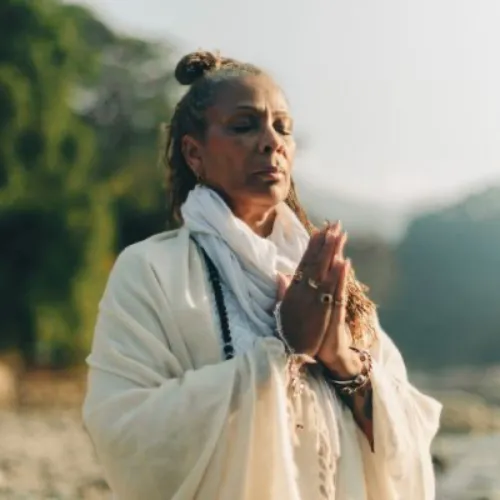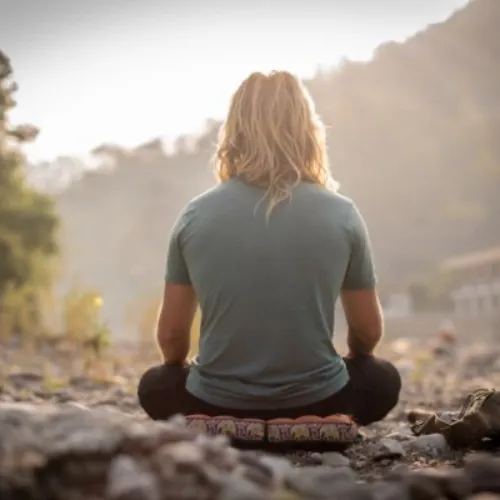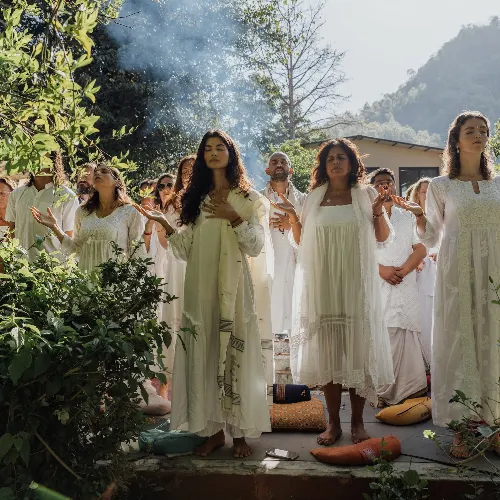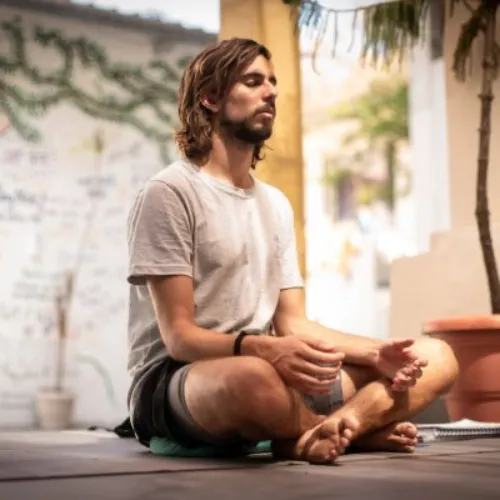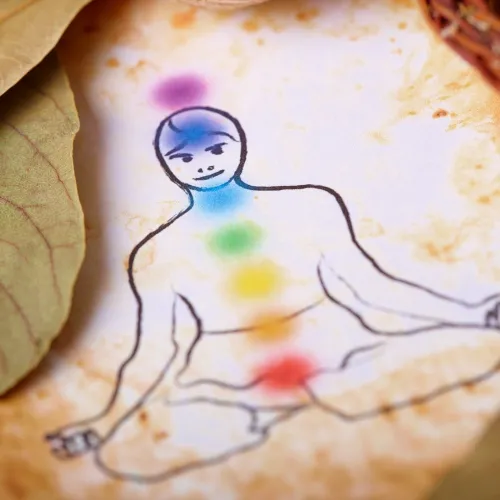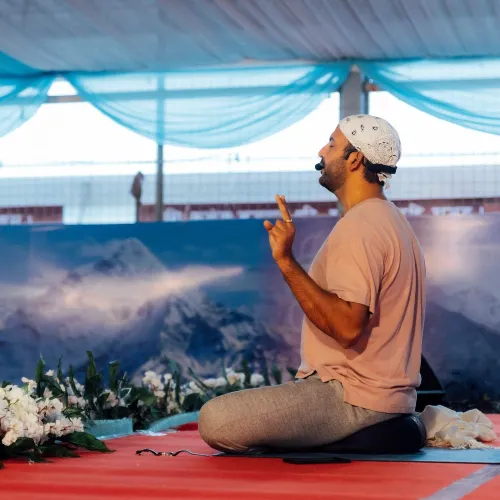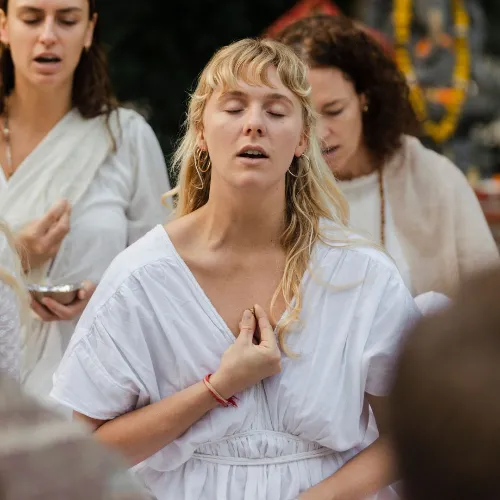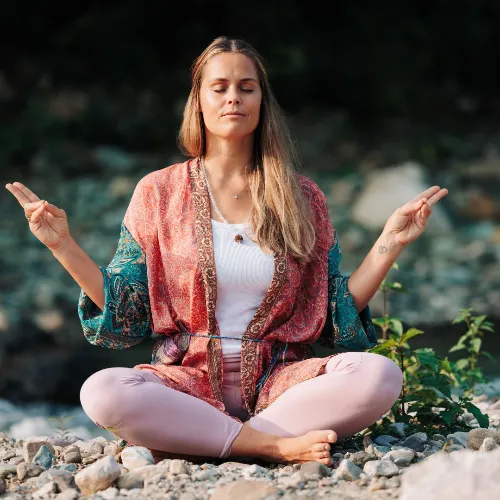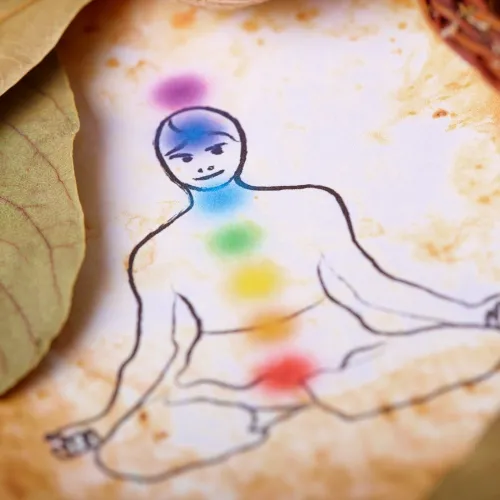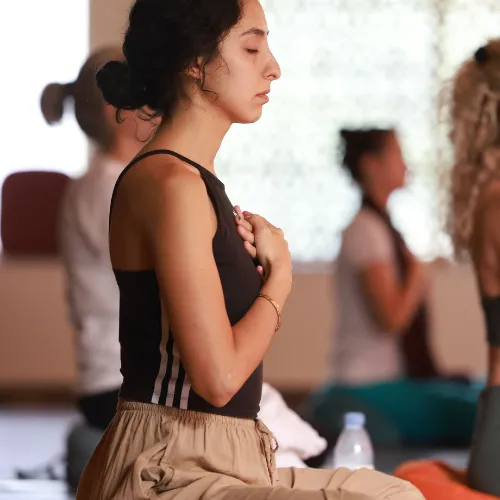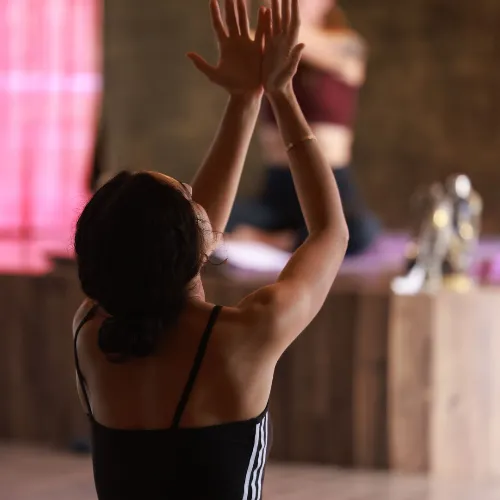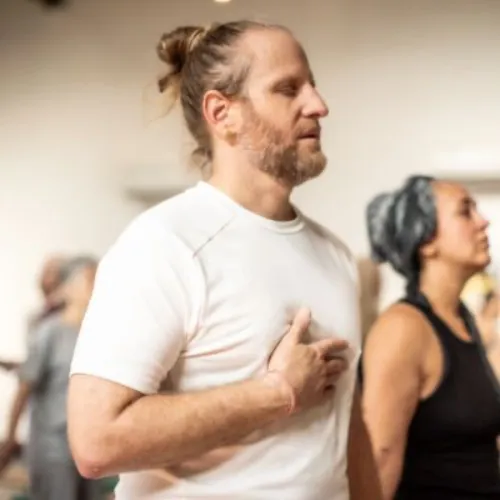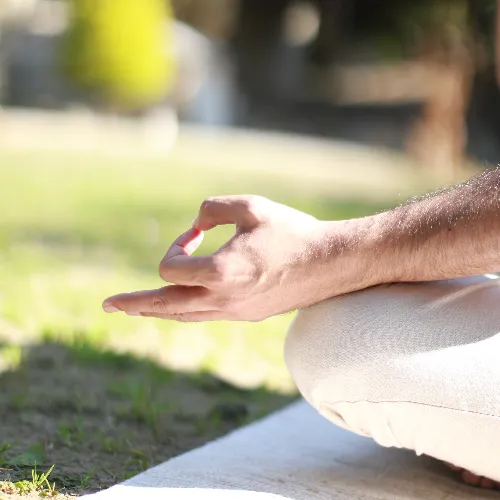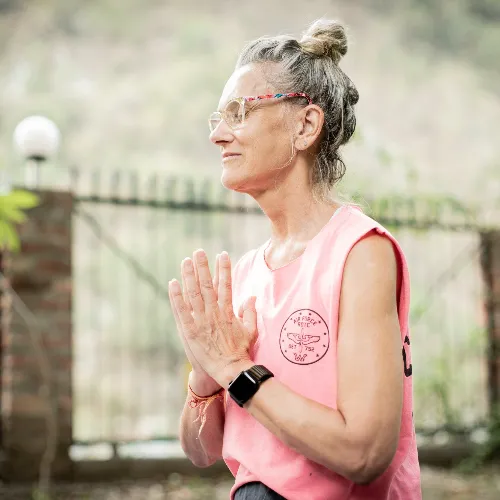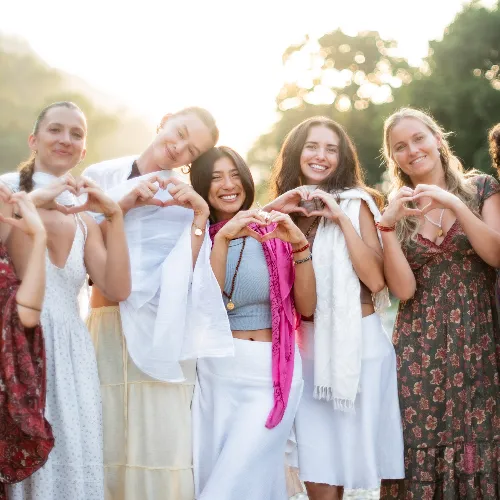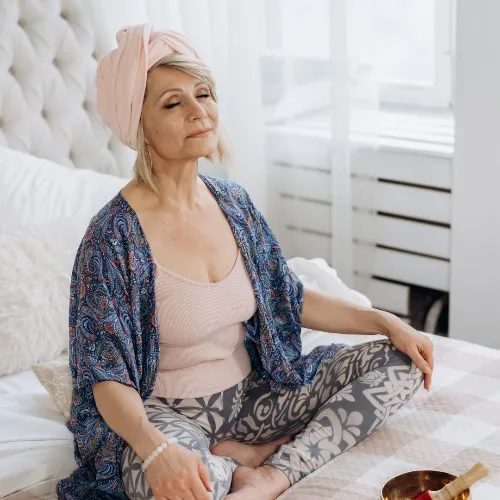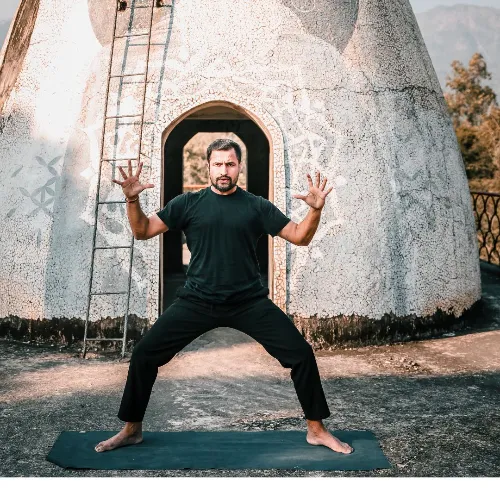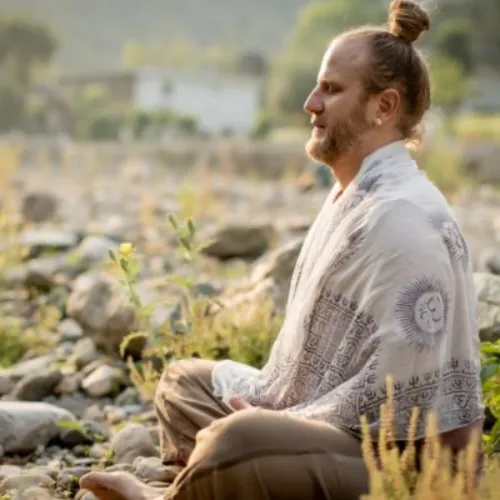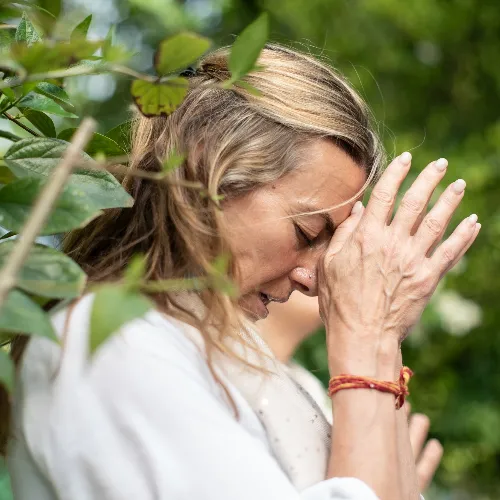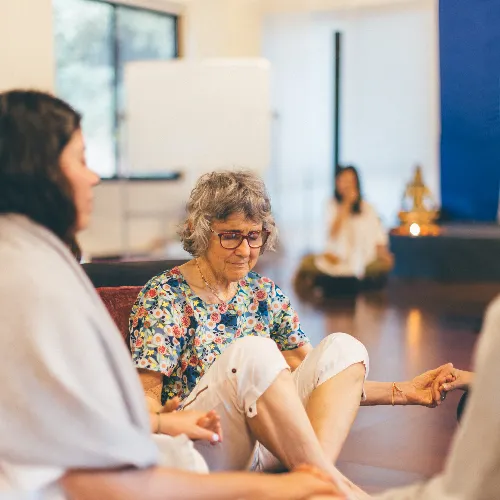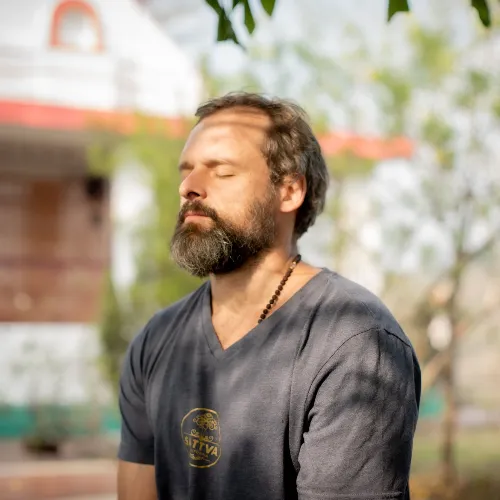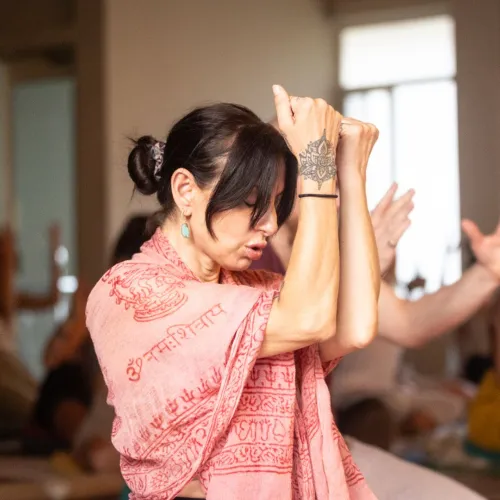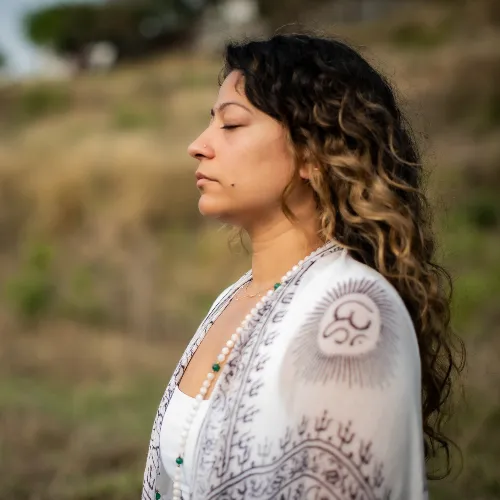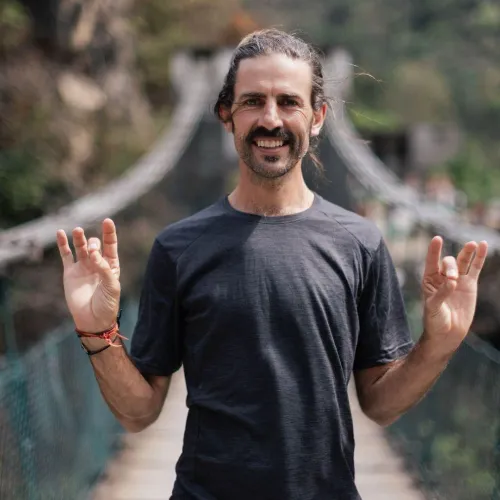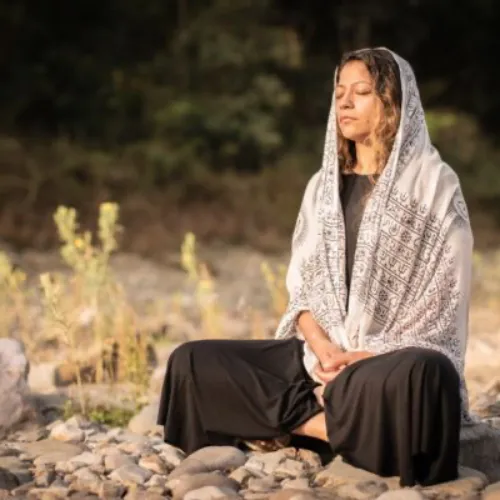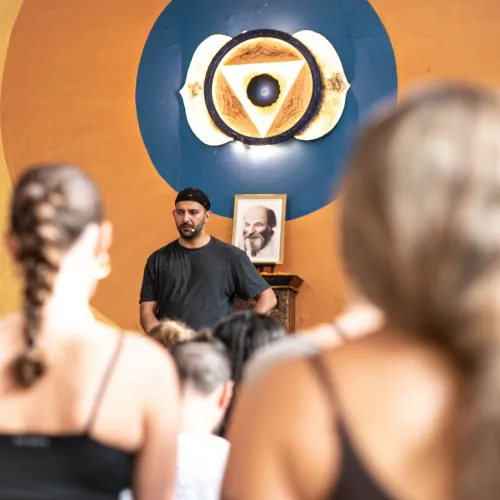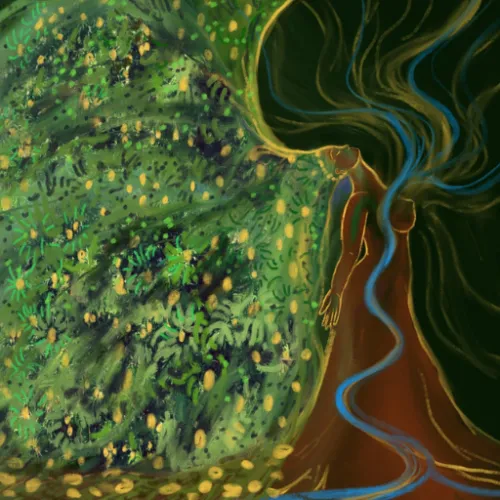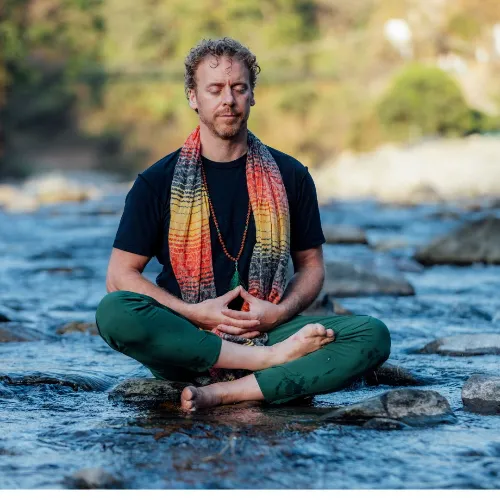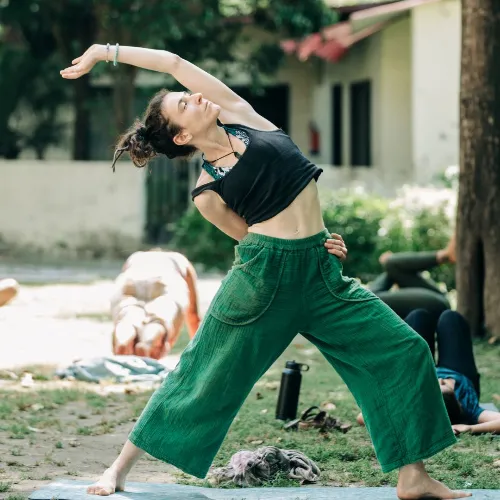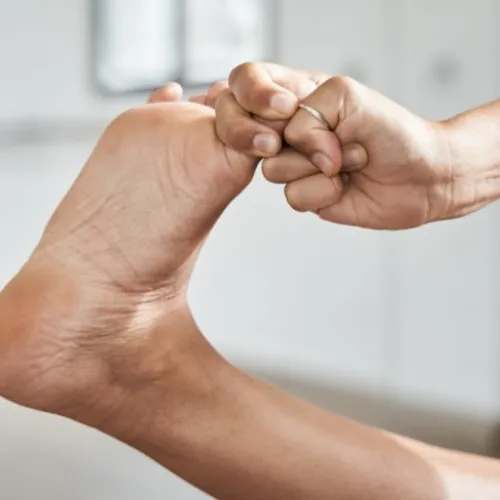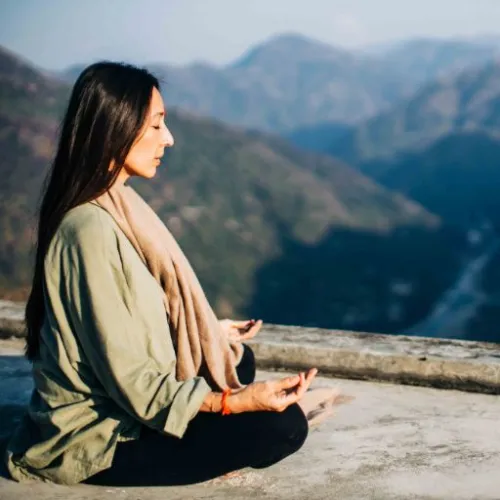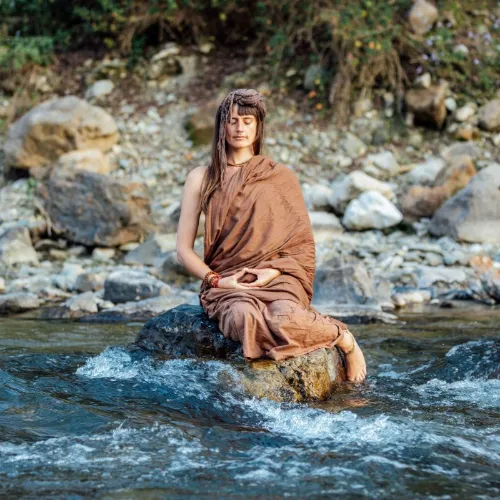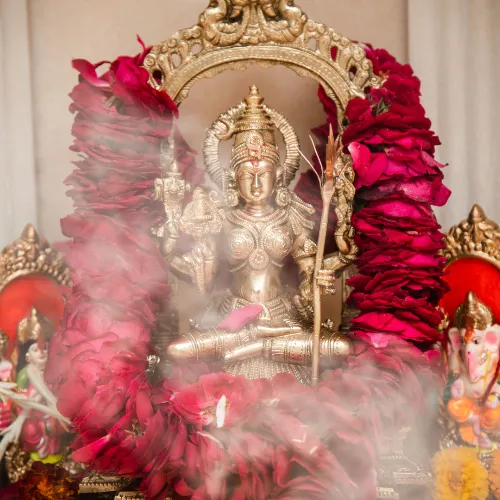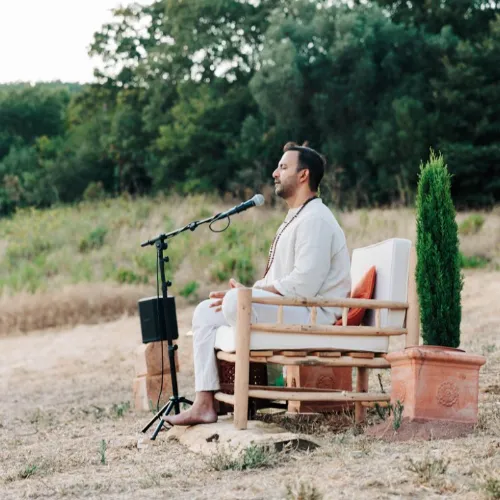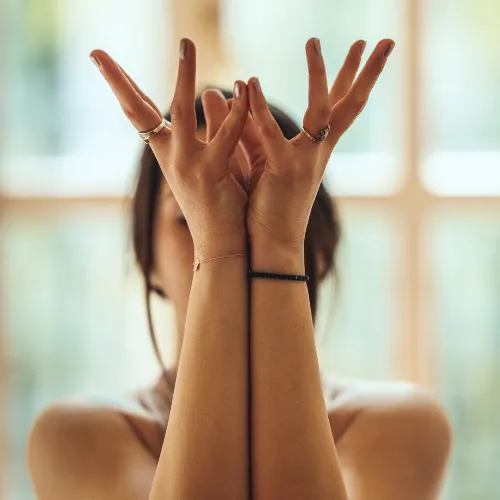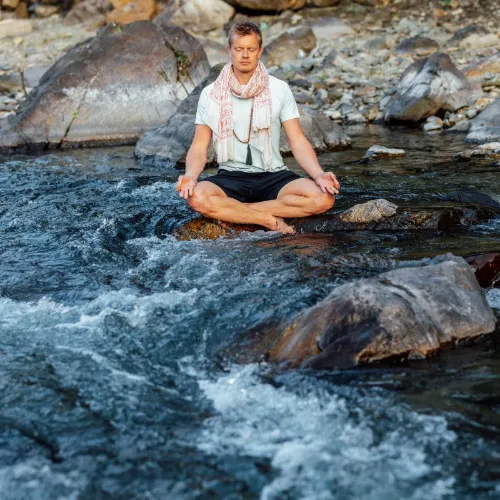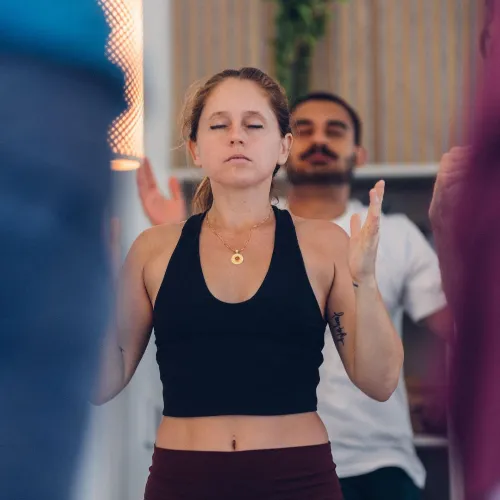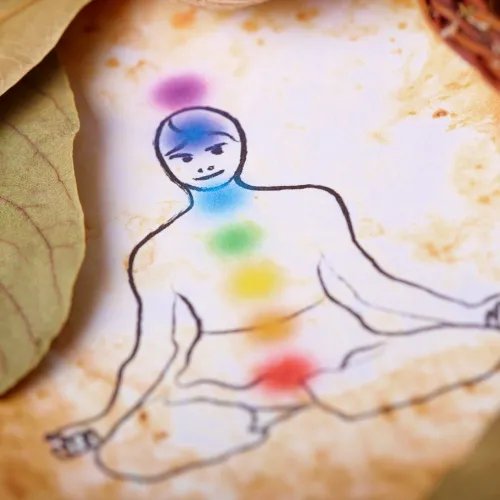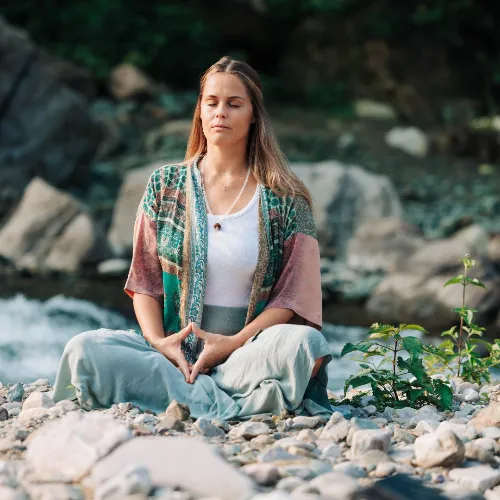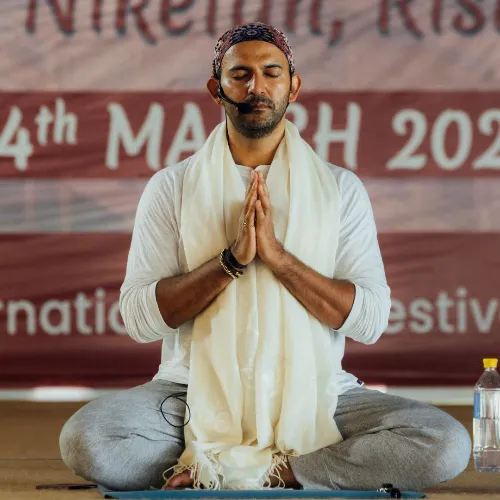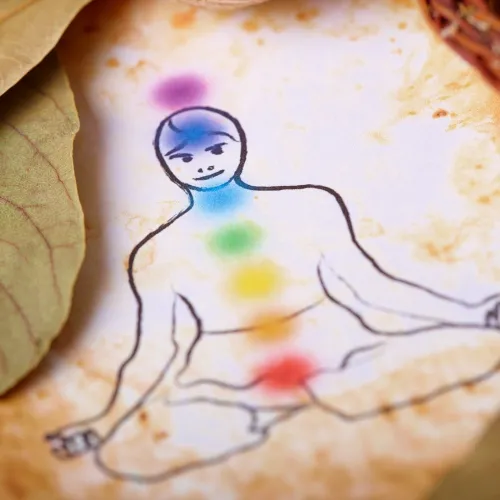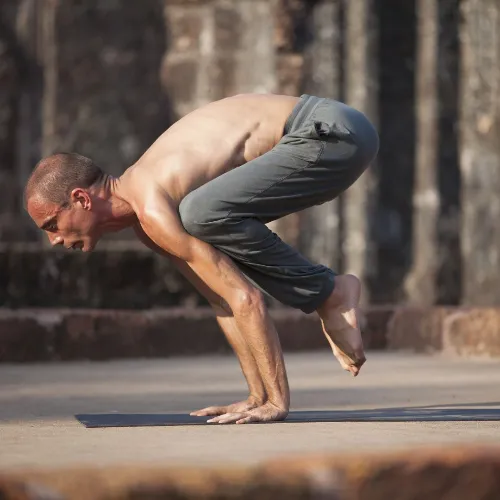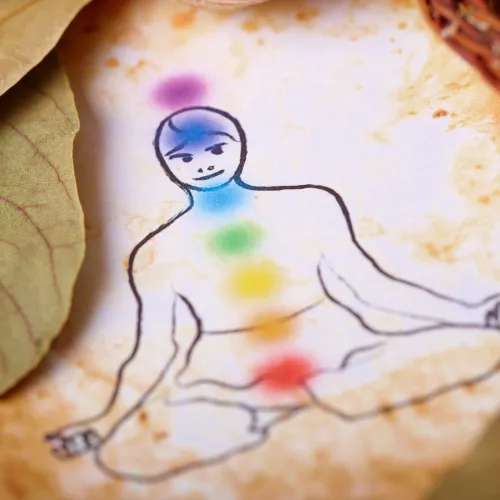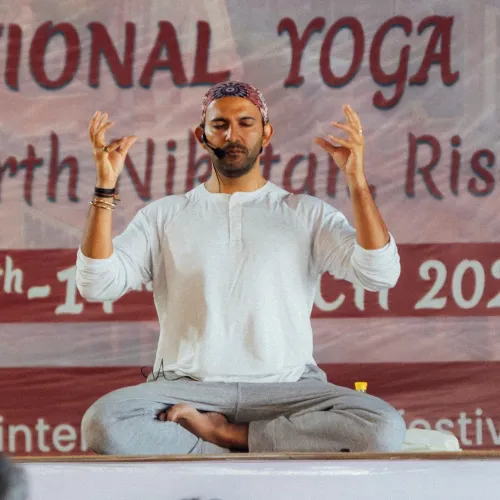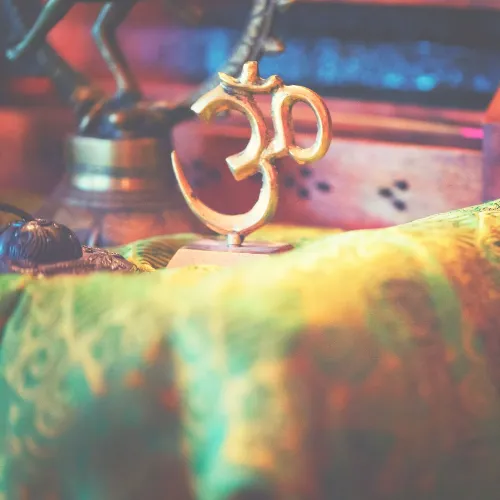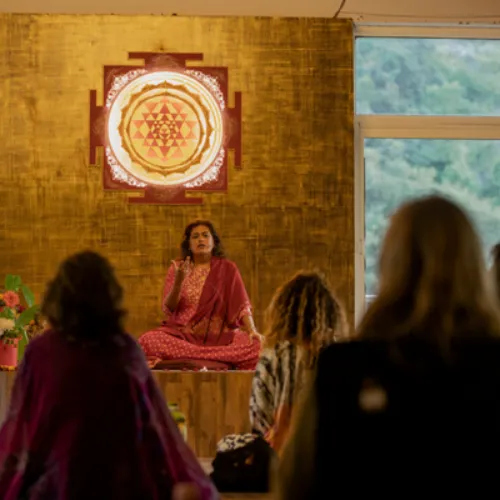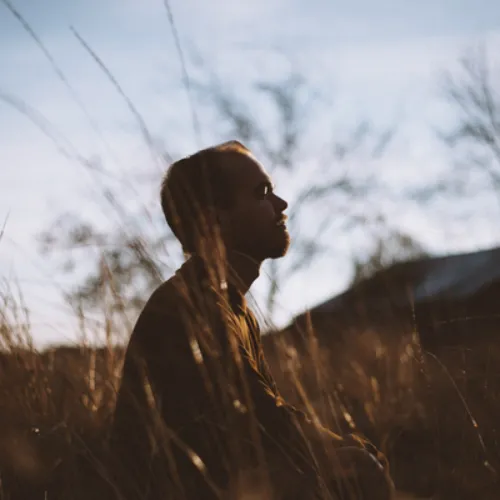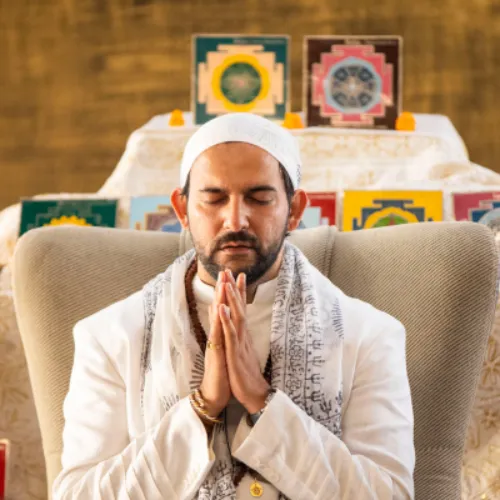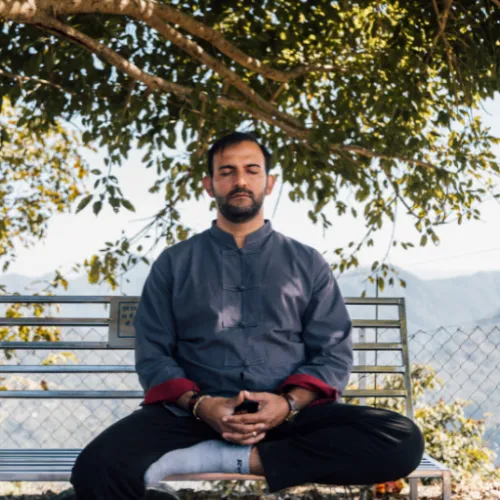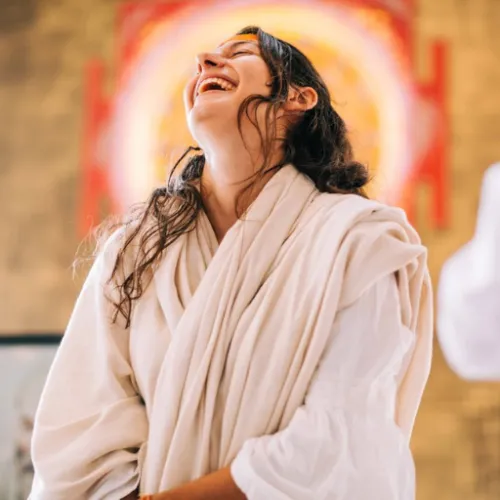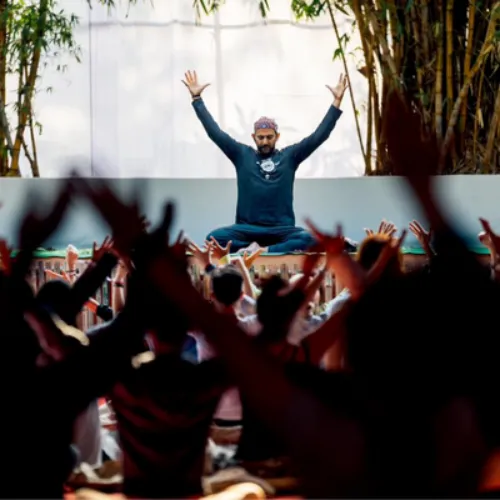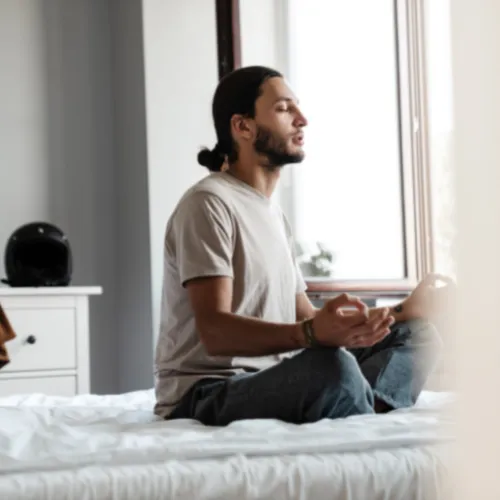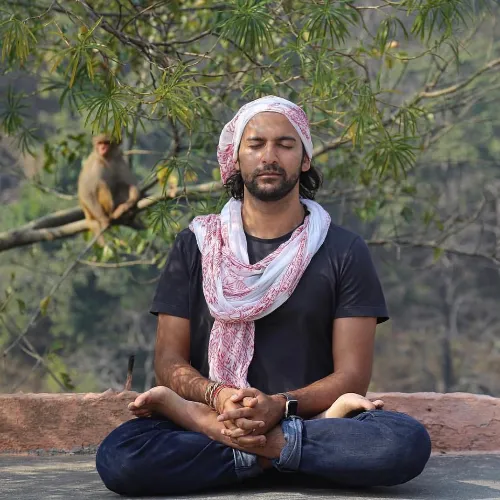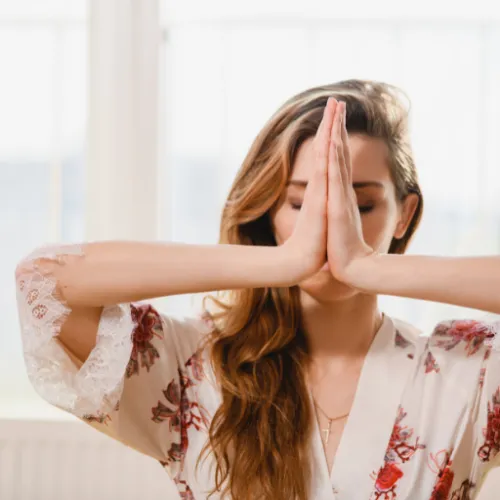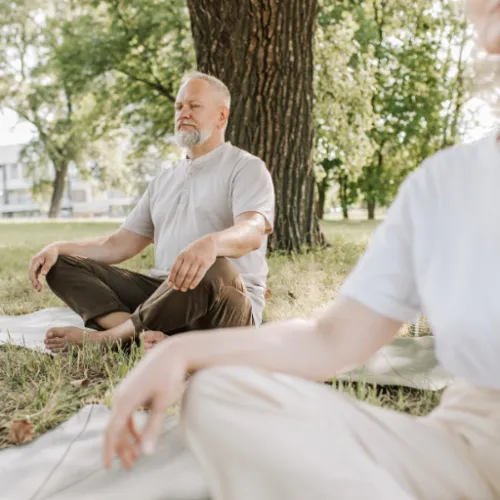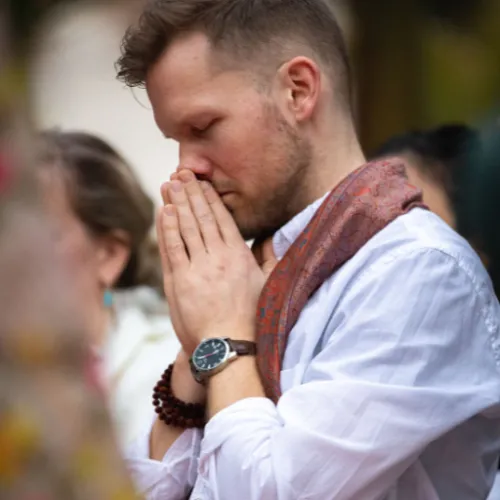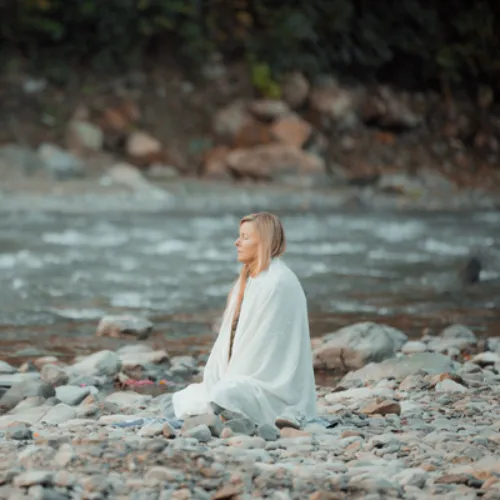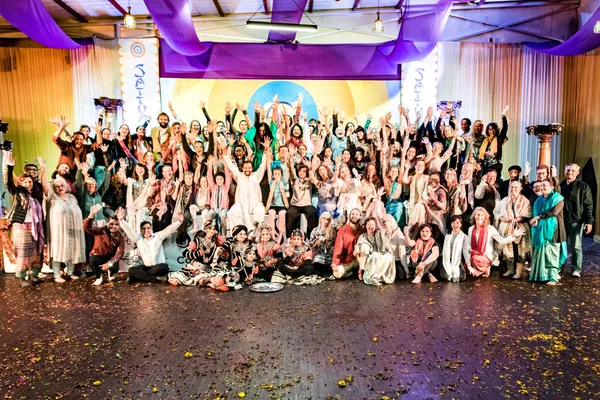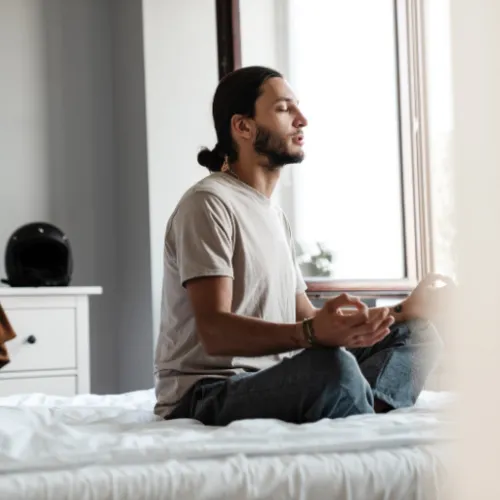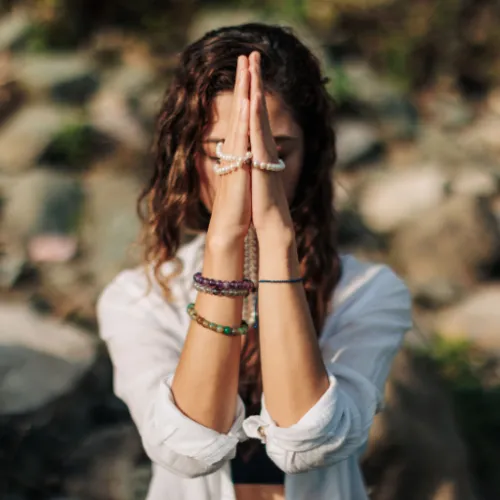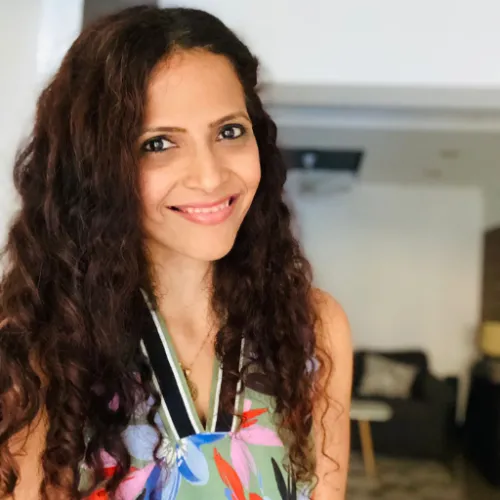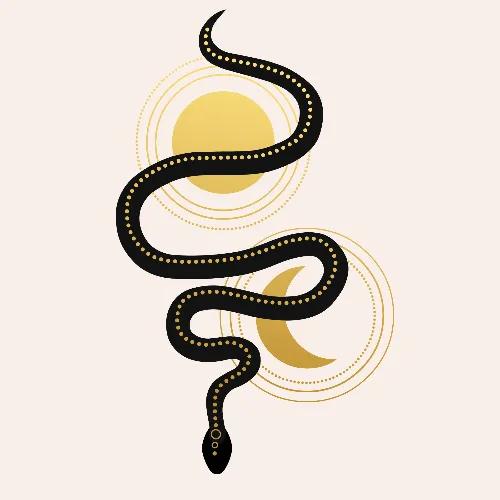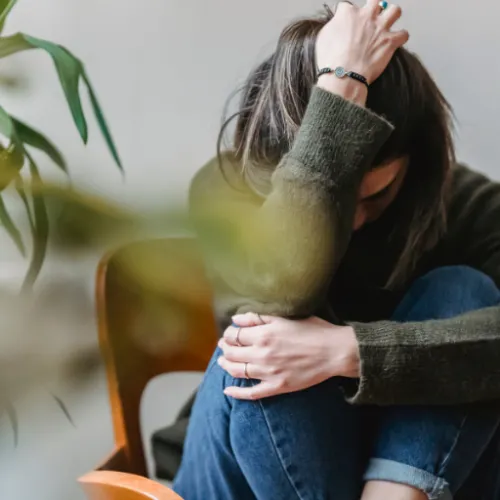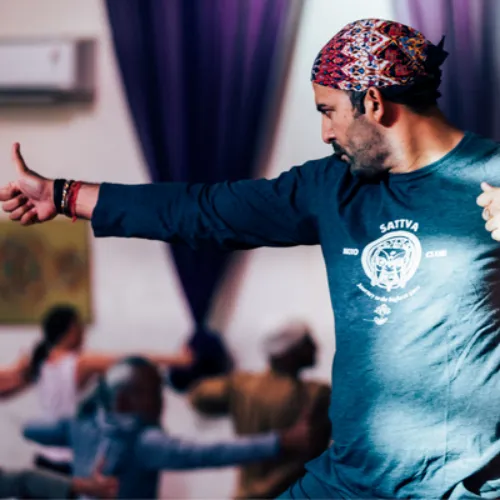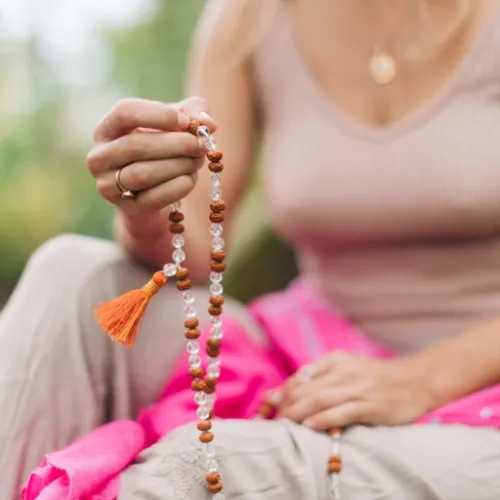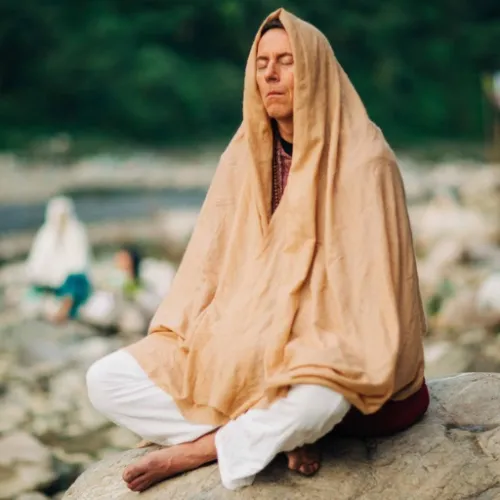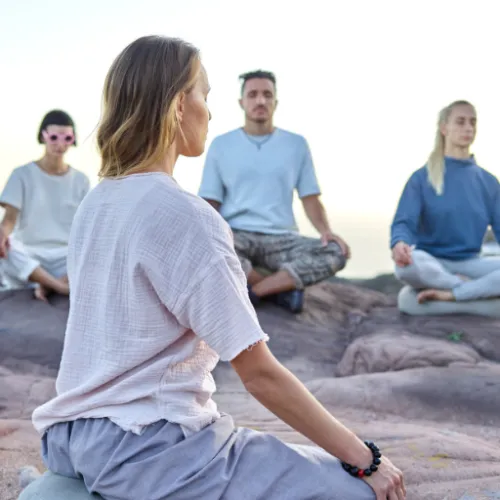

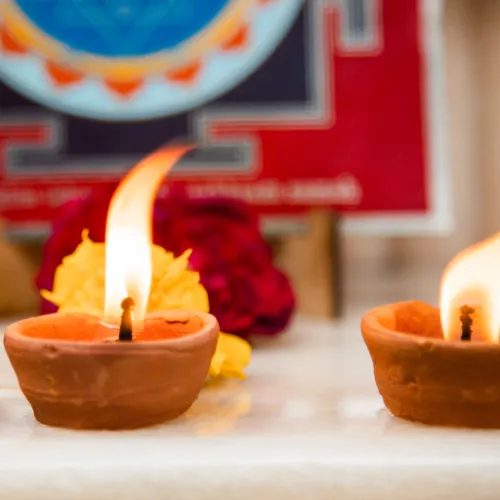
Diwali, also known as Deepavali, is a widely celebrated festival that falls in October or November. It’s a five-day festival of lights that marks the triumph of good over evil, light over darkness and knowledge over ignorance.
During Diwali, people decorate their homes with lights and diyas (oil lamps), and perform puja (prayer) to Goddess Lakshmi, the goddess of wealth and prosperity, and Lord Ganesha, the god of wisdom and the remover of obstacles. And they enjoy sweets and exchange gifts with friends and family.
Why is Diwali celebrated?
The origins of Diwali can be traced back to ancient India. The festival has been celebrated for centuries. The exact origins of Diwali are not clear, but there are several legends and stories associated with the festival.
One of the most popular stories is the Ramayana, an epic scripture that tells the story of Lord Rama. According to the Ramayana, Lord Rama returned to his kingdom of Ayodhya with his wife Sita and brother Lakshmana after defeating the demon king Ravana, who had kidnapped Sita. The people of Ayodhya lit lamps to welcome Lord Rama and celebrate his return, and this is believed to have started the tradition of lighting lamps and diyas during Diwali.
Another legend associated with Diwali is the story of Lord Krishna, who is believed to have defeated the demon king Narakasura on this day and the people of his kingdom celebrated this victory by lighting lamps and diyas.
Diwali is also associated with the harvest season and so it is believed to be a time for giving thanks for all that has been received and seeking blessings for the coming year.
What happens on each of the five days?
Each of the five days has its own significance.
The first day, Dhanteras, is dedicated to the worship of Lakshmi, the goddess of wealth and prosperity.
The second day, Choti Diwali, is dedicated to the worship of Lord Krishna.
The third day, Diwali, the main day of the festival, is when people light diyas (oil lamps) and decorate their homes with rangoli (coloured powder designs), symbolising the triumph of good over evil. People also exchange sweets and gifts with their family and friends on this day.
The fourth day, Govardhan Puja, is dedicated to the worship of Lord Krishna.
And the fifth day, Bhai Dooj, is dedicated to the bond between brothers and sisters.
Diwali is celebrated differently in different parts of India and other countries where it is observed. In some parts of India, people celebrate Diwali by lighting firecrackers and fireworks, while in other parts, it’s more subdued with only the lighting of diyas and offering prayers.
How is the triumph of good over evil celebrated on Diwali?
Diwali celebrates the victory of good over evil in several ways. Below you will find a few listed:
1.
Lamps and diyas are lit to symbolise the triumph of light over darkness, and good over evil. The lights are believed to drive away darkness, and bring prosperity and happiness.
2.
Fireworks are an important part of Diwali celebrations, with the loud noises and bright lights clearing away the old and inviting in the new.
3.
Diwali is also a time for giving to others and spreading joy, happiness and good cheer. People exchange sweets and gifts with their family and friends and make donations to charity, helping the less fortunate. It’s a festival that encourages people to live in harmony with each other, to uplift themselves and radiate positivity.
If you are interested in overcoming old tendencies and gaining more wisdom this Diwali, check out our Wisdom section on Sattva Connect. Your Support to an Awakened Life!
